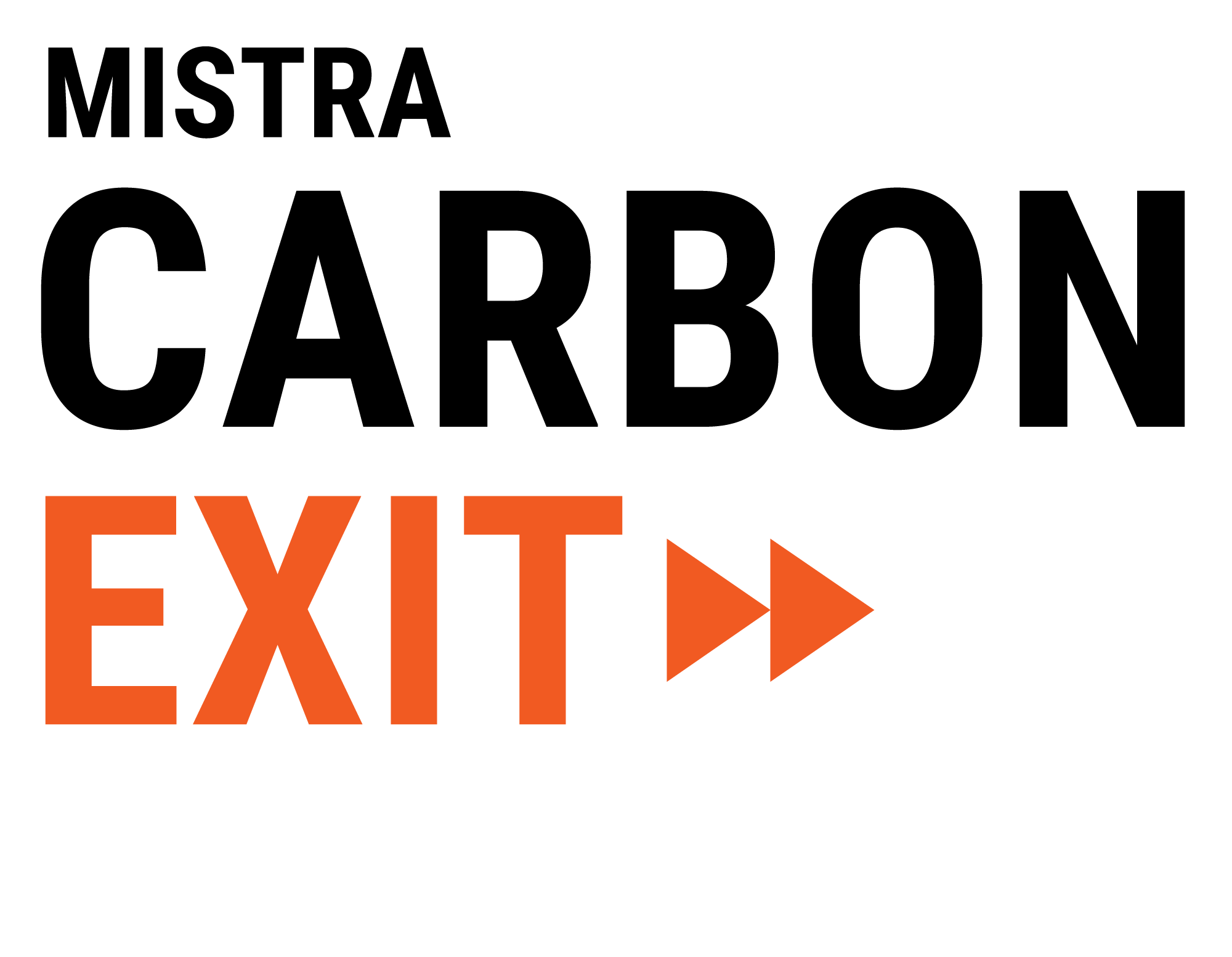“The future is electric, automated and connected” - Report from the Mistra Carbon Exit session at WCERE 2018
On the 26th of June Mistra Carbon Exit organized a conference session on the topic “Future transport in a climate neutral world: knowledge gaps and needed policies” as part of the official program of World Congress of Environmental and Resource Economists (WCERE) in Gothenburg, Sweden. Several researchers from Mistra Carbon Exit, together with speakers from the programs industry partners, discussed challenges and opportunities regarding the development of automatous and electrified cars as well as increased shared mobility.
A future with net zero greenhouse gas emissions pose a joint challenge for policy makers and the transport and car industry. The transport system is currently witnessing several emerging trends that may either help or hinder the transition to zero CO2 emissions. Electrified vehicles are already taking a larger share of new vehicle registrations, while car sharing is on the rise in some urban areas.
- As we look ahead we see three key emerging trends; connected and automated vehicles, electrified vehicles and shared vehicles. The question is how they will impact the possibilities of achieving an energy efficient transport system, said Daniel Johansson, Chalmers and leader for the Mistra Carbon Exit case study on transport.
These three trends give rise to opportunities that may steer the transport system towards a higher degree of energy efficiency and a reduction of congestion if potential synergies are exploited. However, they also imply many challenges since the marginal cost of transporting goods and people may be significantly reduced leading to an enhanced demand for transport and increasing problems with urban sprawl, congestion and energy use.
- There is great potential for synergies between electrification, automation and shared mobility but there are still many uncertainties - for example regarding the energy needed for autonomous energy system and if it will impede electrification as well as how shared trips could be incentivized?, said Frances Sprei, Chalmers and Mistra Carbon Exit research fellow.
- The cities will be frontrunners in the change as smart cities are formed – the future is electric, automated and connected. The smart city transformation is here, and it’s all about partnerships and collaboration, said Niklas Gustafsson, Head of Sustainability & Public Affairs at Volvo Group.
Session program and participants
Introduction: Lars Zetterberg (Senior Scientist and Director Business Development and Marketing, IVL and Program Director Mistra Carbon Exit)
Global transport challenges and how autonomous vehicle may influence those. Daniel Johansson (Associate Professor, Physical Resource Theory Chalmers)
Electrification, automation and shared mobility – the potential for synergies. Frances Sprei (Associate Professor, Physical Resource Theory Chalmers)
Long-term strategies for meeting transport, resource and climate challenges. Niklas Gustafsson (Chief Sustainability Officer, Head of Sustainability & Public Affairs at Volvo Group, AB Volvo)
Transport, resource and climate solutions: What role can an automaker play. Axel Edh (Senior Strategic Advisor Environment, Volvo Cars)
Urban policies and planning towards environmentally effective transport futures Malin Andersson (Head of Department – Development and International Affairs, Uran Transport Administration, City of Gothenburg)
Chair of the Scientific Program Committee is Thomas Sterner from the University of Gothenburg and fellow researcher in Mistra Carbon Exit. Thomas is also on the Local Organizing Committee together with Chief Operating Officer Åsa Löfgren, University of Gothenburg and fellow researcher in Mistra Carbon Exit.
The congress, is organized by the Department of Economics at the School of Business, Economics and Law at University of Gothenburg. The conference is organized in collaboration with the Faculty of Social Science and other research groups and departments in Gothenburg.
Read more at the WCERE website.

